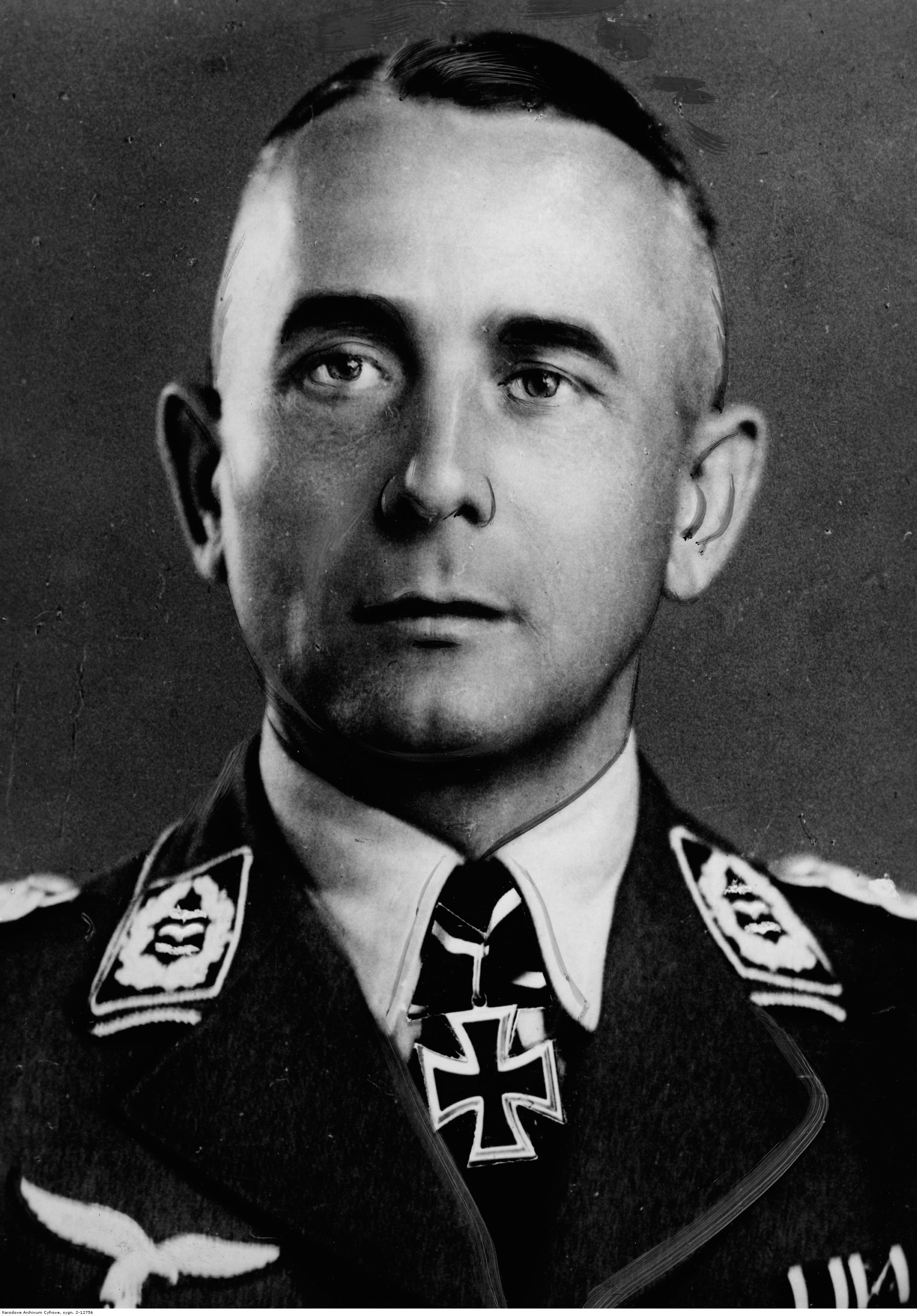
Paul Conrath(born November 21, 1896 in Berlin Rudow, † 15 January 1979 in Hamburg) was a German officer and general of the last parachute troops during the Second World War.
Paul Conrath Life
Conrath occurred on 10 August 1914 as a volunteer and officer candidate in the 4th Guards Field Artillery Regiment and was assigned to the Reserve Field Artillery Regiment No. 44 after his basic training in October 1914.
With the unit, he was transferred to the Western Front in France. In October 1916, he was employed as a battery officer on 1. He was promoted to lieutenant in March 1917 and shortly after that to the department adjutant in the 4th Baden Field Artillery Regiment No. 66. He remained in this position until the war’s end.
On 20 January 1919, he retired from the army and joined the police a year later on 11 January 1920. He subsequently rose to Major and was the first, in April 1935, adopted as such in the Air Force. Conrath initially served as an aide to the commander of the Luftwaffe, Hermann Göring. From 1 October 1936 to 30 September 1937, he was a battery commander in the anti-aircraft regiment 12 in Berlin-Lankwitz. He then took over as commander of the III. light flak Air Force Regiment General Goring.
From 1 January 1938, he served as chief aide to the commander of the Air Force and was promoted to lieutenant colonel on the first of December 1938. His official position was retained even after the beginning of World War II.
On 1 Conrath March 1940, he was promoted to colonel. On 1 June 1940, he was appointed commander of the Air Force Regiment General Goring. With this, he took part in the fighting in France, and after the end of Operation Barbarossa, the invasion of the Soviet Union on 22 June 1941 part.
His regiment was in June for the first Air Force Brigadier, and from 17 October 1942, he extended the Air Force Division. On 15 June 1942, he was promoted to Major General. The division came to reinforce the Afrika Korpsin Tunisia and had to be there in large parts of the Battle of Tunisia arise or be destroyed.
From the remnants of the Division, the Hermann Goering Panzer Division was formed in May 1943 in Italy. This Conrath was initially against the Allied landings on Sicily in use. On 1 September 1943, he was promoted to lieutenant general. In January 1944, the division was reorganized once again, was named Parachute Panzer Division Hermann Göring, and later became instrumental in the battle for Monte Cassino.
On 15 April 1944, Conrath was relieved of his command by Major General William Lard and appointed Commanding General of the training and spare parachute troops of the Army and the Chief of the paratroops. He no longer received a command at the front end of the war. On 1 January 1945, he was promoted to General of the paratroops. With the German capitulation on 8 May 1945 came Conrath briefly in U.S. captivity, but was soon released afterward.
Paul Conrath Awards
- Iron Cross (1914) Class II and I.
- Clasp to the Iron Cross II and First Class
- Knight’s Cross of the Iron Cross with Oak Leaves
- Knight’s Cross on 4 September 1941
- Oak Leaves on 22 August 1943 (276 awards)
- German Cross in Gold on 18 May 1944
- Cuff Africa
Paul Conrath Literature
- Karl Friedrich Hildebrand: The generals of the Luftwaffe 1935-1945, Volume 1 Abernetty-v.Gyldenfeldt, Biblio Verlag, Osnabrück, 1990, ISBN 3-7648-1701-1, p.167-168
- Person in the First World War (German Reich)
- Policeman (German Reich)
- General of the paratroops (Air Force of the Armed Forces)
- Winner of the Knight’s Cross of the Iron Cross
- Support of the German Cross in Gold